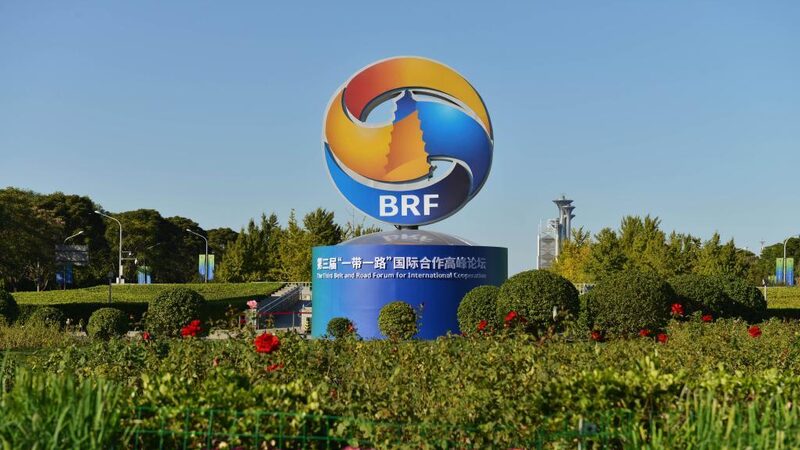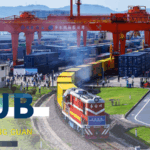A decade after its launch, the Belt and Road Initiative (BRI) continues to face criticism from some Western voices claiming it’s 'predatory.' But African leaders, analysts, and data tell a different story. 📊✨
Dubbed 'the project of the century' by Chinese President Xi Jinping, the BRI has connected over 140 countries and regions through infrastructure projects, with Africa as its largest partner. Over 52 African nations and the African Union have signed BRI agreements, fueling roads, ports, and energy grids.
Yet critics often frame China’s collaboration with Africa as 'neocolonialism'—a narrative Ugandan analyst Frederick Golooba Mutebi calls 'misguided.'
‘China isn’t here to exploit Africa. The BRI is helping us transform,’he told Xinhua. A 2022 survey by Kenya’s Inter Region Economic Network found BRI projects consistently finish faster than Western-backed ones, directly boosting local economies. 🚀
From Kenya’s railway lines to Ethiopia’s industrial parks, African governments emphasize BRI’s role in job creation and tech transfer. 🌱 ‘The West underestimates how much Africa chooses this partnership,’ said a Lagos-based economist. ‘We need roads, not paternalism.’
With over $1 trillion invested globally, the BRI’s critics often overlook its adaptability. After early debt concerns, China revised loan terms and prioritized sustainability—proving, supporters say, that the initiative evolves to meet partners’ needs. 🔄
As the BRI turns 10, its legacy in Africa may hinge on one question: Whose voice matters more—external skeptics or the communities seeing bridges rise where roads once ended? 🌉
Reference(s):
cgtn.com



